As pets age, their needs change—and dental care becomes more important than ever. Many senior dogs and cats live with chronic dental disease that often goes unnoticed. Left untreated, these issues can quietly impact their comfort, appetite, and even the health of vital organs like the heart and kidneys.
At St. Petersburg Animal Hospital & Urgent Care in St. Petersburg, Florida, we believe every pet deserves to enjoy their golden years free from preventable pain. A healthy smile is about more than appearances—it’s essential for overall well-being.
In this article, we’ll explore why dental care is so critical for older pets, the common issues we see, and how you can take proactive steps to support your senior pet’s oral health.
Why Dental Health Is So Important for Senior Pets
Dental disease is one of the most common chronic painful conditions affecting aging pets. According to the American Veterinary Medical Association (AVMA), most dogs and cats show signs of periodontal disease by age three. For seniors, this risk increases—and so do the consequences.
As dental disease progresses, it can lead to:
- Gum recession and tooth root exposure
- Tooth loss or painful fractures
- Chronic inflammation and oral infections
- Abscesses, jawbone loss, and difficulty eating
- Bacteria entering the bloodstream and affecting organs
Routine cleanings are one of the most effective ways to prevent these complications. AAHA’s dental care guidelines reinforce the importance of maintaining oral health throughout a pet’s life, especially in the later years.
Even people who brush and floss every day still need fillings, root canals, and extractions over time. Pets, who often resist brushing and rely on us to notice subtle signs, are even more likely to develop dental issues as they age. That doesn’t mean you’ve failed them—it just means it’s time to help them feel better.
Common Dental Conditions in Senior Pets
Senior pets are more vulnerable to a range of oral health issues. Here are some of the most common:
1. Periodontal Disease
A progressive infection of the tissues supporting the teeth, leading to gum loss, pain, and tooth instability. Severe cases can eventually lead to jaw fractures.
2. Tooth Fractures
Often caused by chewing hard items. They’re painful and prone to infection. Learn more about treatment of fractured teeth from Today’s Veterinary Practice.
3. Oral Tumors
Growths in the mouth—benign or malignant—are more common with age. More on early oral tumor detection from the ACVS.
4. Gingival Enlargement
Excess gum tissue can trap debris and mask underlying disease. Learn more: Details from Cornell
5. Inflammatory and Ulcerative Conditions
Painful inflammation or ulcers can impact eating and lead to secondary infections. Review these details from Merck Vet Manual.
Why Annual Dental Exams Are Critical
At St. Petersburg Animal Hospital & Urgent Care, we see this every week: older dogs or cats who seem “slower” or “grumpier” suddenly become livelier, happier, and more engaged after dental treatment. Older pets often hide signs of pain, and it’s easy to mistake quiet discomfort for normal aging.
That’s why annual dental evaluations are so important. Once we relieve the inflammation, infection, loose teeth, and hidden pain, their personalities shine again. It’s one of the most rewarding transformations we get to witness.
Sometimes that means removing just one painful tooth. Sometimes it means extracting them all. And yes—pets can thrive with no teeth at all. Eating becomes easier when they’re not battling daily oral discomfort. Their appetite returns. They sleep better. They play more. And they look at you with brighter eyes.
At St. Petersburg Animal Hospital & Urgent Care, every senior dental checkup includes:
- A thorough oral and physical exam
- Full-mouth dental X-rays to detect hidden issues (Why X-rays matter)
- Cleaning above and below the gumline
- Evaluation for extractions or further treatment
Early intervention helps avoid emergencies—and can dramatically improve quality of life.
Is Anesthesia Safe for Senior Pets?
This is one of the most common concerns we hear. The answer is: yes, with the right precautions.
At our hospital, we take anesthesia safety seriously. For senior pets, that includes:
- A complete physical exam
- Pre-anesthetic labwork to assess organ function (In-house lab info)
- Individualized anesthesia protocols
- Continuous monitoring from induction through recovery
AAHA’s position is clear: anesthesia is necessary for safe and complete dental care, and it can be safely administered to seniors when handled by trained veterinary professionals.
How to Help at Home Between Cleanings
While professional cleanings are essential, home care can make a big difference in slowing plaque buildup and supporting oral health.
Here’s how to help:
- Brush your pet’s teeth daily using pet-safe toothpaste
- Offer a dental-supportive diet or VOHC-approved treats (See approved products)
- Avoid hard chews like bones, hooves, or antlers
- Monitor for signs of discomfort, drooling, or breath changes
Some pets may benefit from additional products like dental wipes, oral gels, or water additives—especially if brushing isn’t possible.
When to Seek Veterinary Dental Care Right Away
Contact your vet promptly if your pet shows:
- Persistent bad breath
- Red, swollen, or bleeding gums
- Dropping food or chewing on one side
- Difficulty eating or loss of appetite
- Loose or broken teeth
- Facial swelling or pawing at the mouth
- Blood in their water dish or on toys
These may indicate serious problems such as infection, oral tumors, or even jaw fractures. More from ACVS on jaw fractures.
Our urgent care team is available to evaluate dental issues that can’t wait.
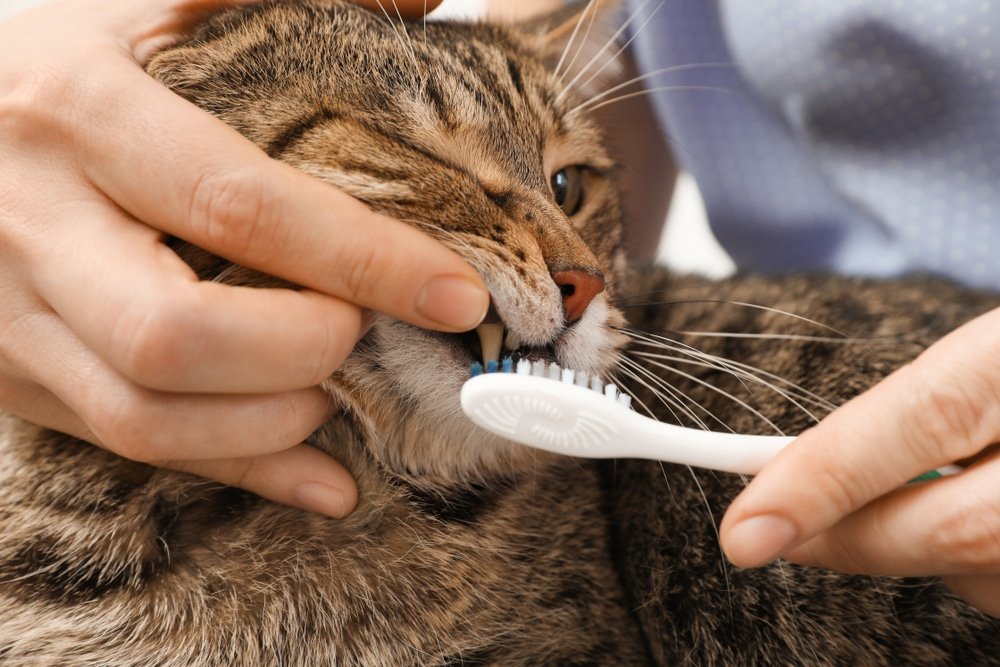
A Healthier Mouth Means a Healthier Life
Dental disease doesn’t just stay in the mouth—it affects the whole body. Treating and preventing it means:
- Less chronic pain
- Better appetite and digestion
- Reduced risk of systemic infections
- Improved energy and comfort
At St. Petersburg Animal Hospital & Urgent Care, we tailor every dental care plan to your pet’s age, health, and specific needs—ensuring safe, compassionate, and effective treatment every time.
Schedule a Senior Dental Evaluation Today
Dental problems often go undetected until they’re advanced—but it doesn’t have to be that way.
Dental care isn’t about cosmetics. It’s about comfort, dignity, and quality of life—especially in the golden years. If you’ve been worried or putting off care, let’s talk. We’re here to help, not judge.
Schedule your senior pet’s dental checkup or give us a call to learn more about how we can help protect their smile—and their health.

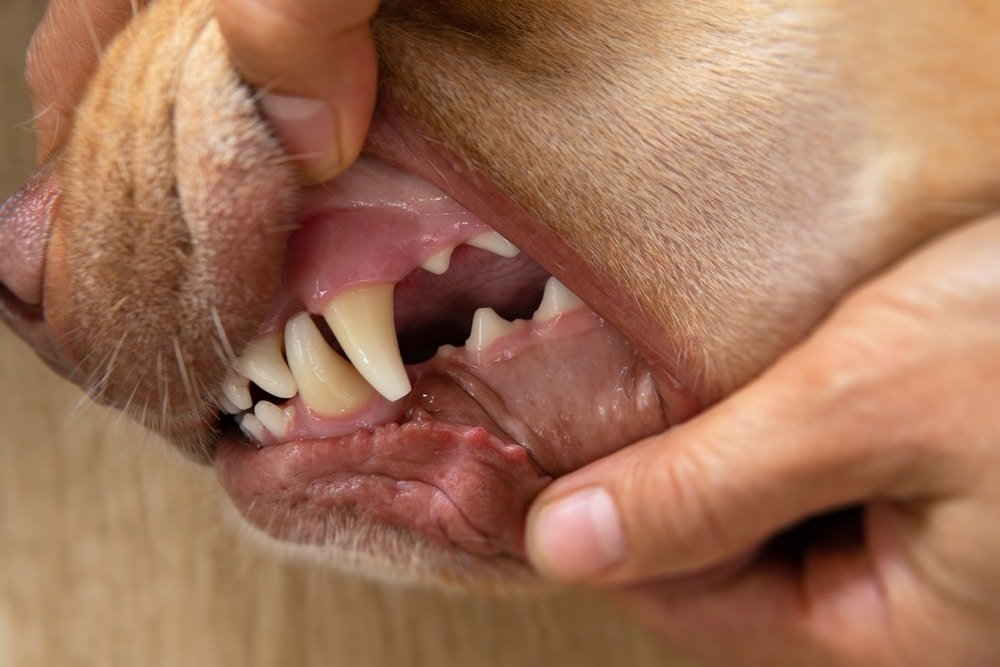
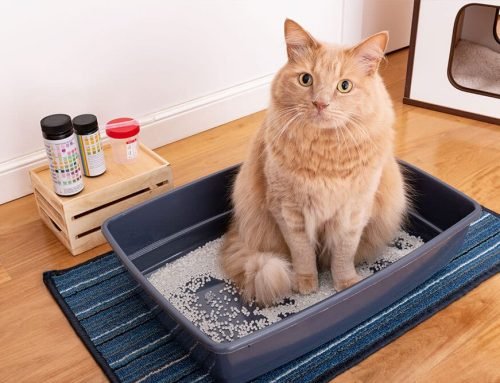
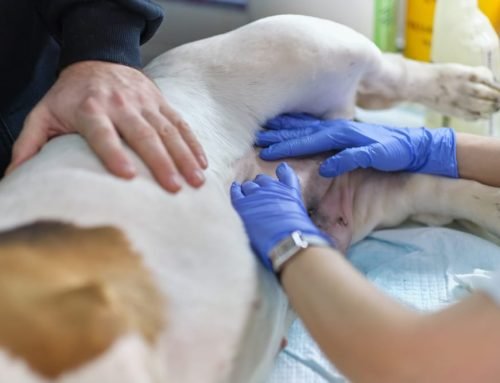
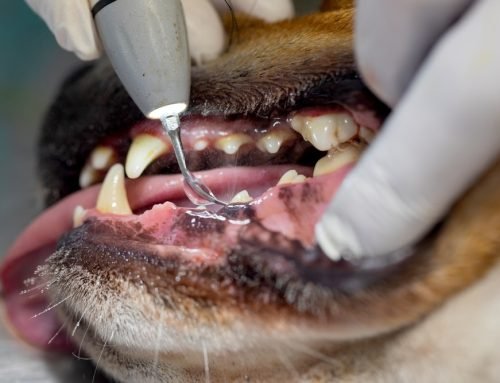
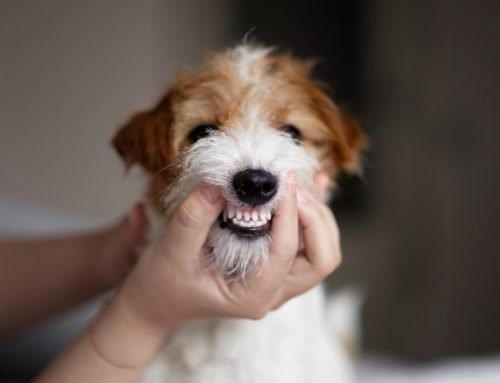

Leave A Comment